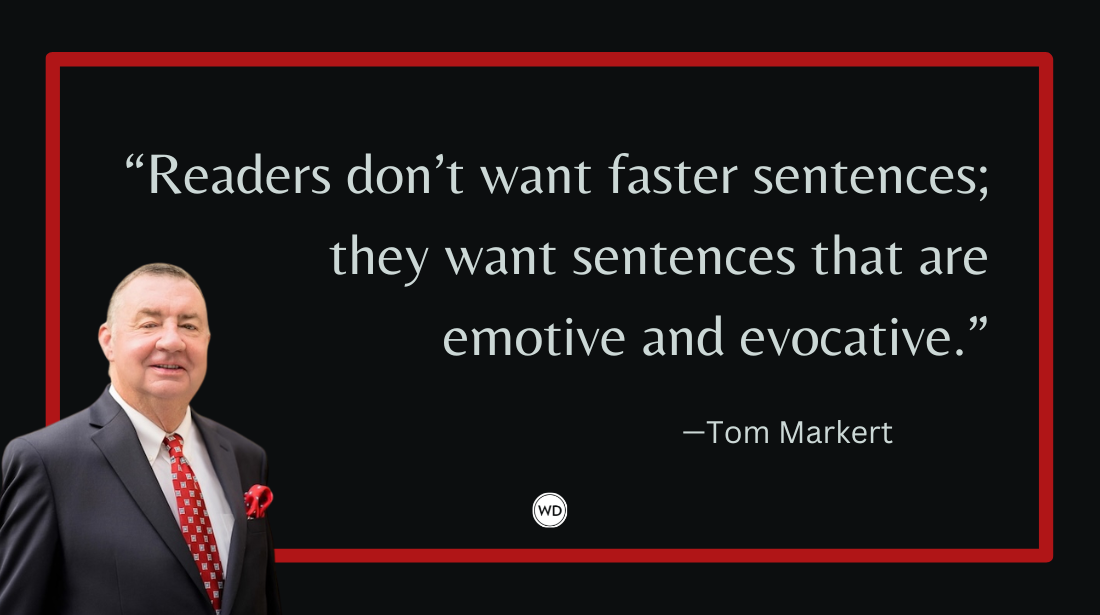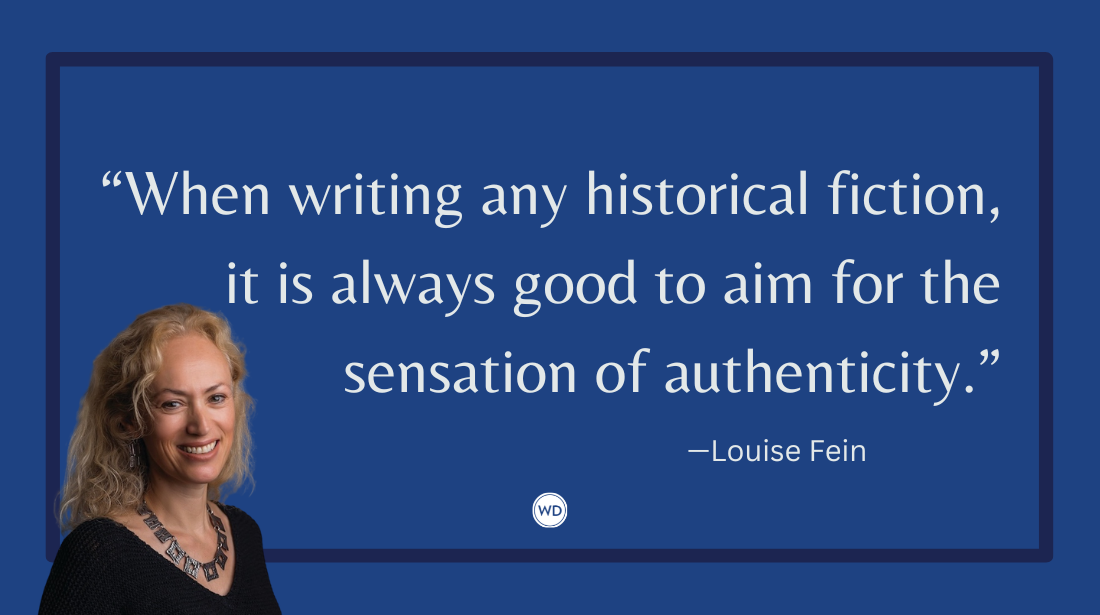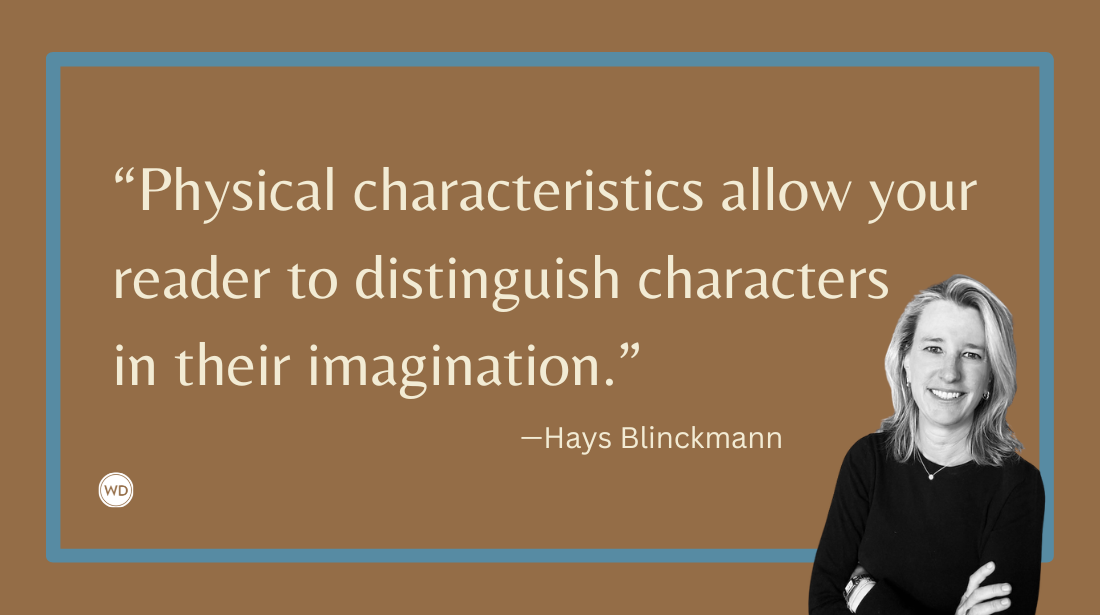Science Fiction Writing: It’s About the Fiction Not the Science
The single biggest trap of writing science fiction is focusing on the science, not the fiction. Here’s how to avoid that trap.
I love science. I focused on it in High School, I majored in a science in college, and I read about it for at least an hour every day.
I also love fiction. All the time I dedicated to becoming a scientist when I was younger had been inspired by the science-fiction I had read. It took me quite some time to realize the thrills I got from the moments of discovery I read about would be few and far between in the practice of real science. In other words, it took me quite some time to realize what I loved about science fiction was the fiction, not the science.
The single biggest trap of writing science fiction is focusing on the science, not the fiction. [Like this quote? Click here to Tweet and share it!]
Order a copy of Nic Kelman's How to Pass as Human: A Guide to Assimilation for Future Androids.
Bookshop | Amazon
[WD uses affiliate links.]
What do I mean by that? I mean it’s very easy when writing science fiction to let the cool ideas take over the work. I find this especially true for myself because my stories tend to be “one-step-removed-from-reality.” (IE the possibility exists that my premises could be true if we learn more about the topic in the future.) Time and again I’ve gotten into trouble reaching an audience because what I thought was cool about my story was that it could be true. Unfortunately, unless the reader had knowledge of whatever field the premise came from, they would miss this. To them, what they were reading might as well be entirely fictional. It was not an interesting thought experiment about possibilities that might be reality, but simply tedious, overly detailed description of the mechanics of “something made up.”
Focus on the Characters
What I came to understand that, in the end, for a wider audience, the single most important caveat for writing science fiction is to remember your premise is ultimately simply a tool for placing characters in situations that we as human beings could not experience except in science fiction.
Science fiction allows fathers to become younger than their sons. It allows long-lost loved ones to return from the dead. It allows us to come into conflict with duplicates of ourselves. It allows us to go back in time and rectify the mistakes of the past. How these things happen, for the most part, doesn’t really matter to most audiences. Science fiction stories are the new fairy tales – and in fairy tales we rarely get any details about how the magician cast his spell. I learned this lesson the hard way – through years of wasted work – and it’s something I must remind myself of all the time.
Focus on Relationships
In practical terms, what this means is once you hit on the premise for your narrative, you need to look at how that premise could impact personal relationships. Then throw that ball as far as you can. In other words, what relationship between two people (or more) would be most affected by that premise – and preferably in a way we haven’t seen before. A character goes back in time and kills Hitler is an interesting thought experiment. A character goes back in time and his own mother accidentally falls in love with him instead of his father is a great story. Note that we never really know (or care) how Doc Brown’s time machine actually works.
Clearly, this approach falls on a spectrum. For hardcore science fiction fans, they want the details of how the solar sails work or the gene therapy penetrates every cell. But ultimately, even for those fans, when the story is over, the tales they remember are the ones with a cool premise, yes, but a cool premise that impacted the story’s characters.
It’s very important, however, to realize this spectrum is not independent of your narrative form. Short stories, novels, film, and television all have different tolerances for the amount of science in your fiction and for different reasons.
Science Fiction Short Stories
Short stories generally can be at one end of the spectrum or the other. They are short enough that if your story is really simply about the cool premise – the “what if?” – it can still work. “A Sound of Thunder” is a great short story but I don’t think any of us remember the characters or how it impacted them personally. We just remember the premise. Likewise, at the other end of the spectrum, a short story can dismiss the science of the premise with one sentence and focus exclusively on the interpersonal impact of that premise. Because they are short, they have room for one great story “beat” and it can be either entirely about a person or a premise but probably not both. And because they are short, a more nuanced balance of character beat and premise beats is very difficult, if not impossible.
Science Fiction Novels
Novels, on the other hand, allow for just that kind of nuance and the most flexibility in terms of this spectrum. If a novel takes a detour for a few pages to get into the heavier science of the premise, that can be a nice distraction before returning to the characters’ stories. It’s also significantly easier in prose to explain the science behind a concept than it is in an exclusively visual narrative because these explanations can be just that: explanations. In a visual narrative, they usually must become exposition in the mouths of a character and thus drag the story to a halt.
Science Fiction Films
To this end, film really requires the magician waving his wand and everything else must be taken on faith. Explaining how the warp drive works is not only unnecessary but usually undesired by the audience. All that matters to them is who’s using that drive and why. If deeper exposition is absolutely necessary, try to come up with a visual representation of it that can also eliminate dialogue. One of the most brilliant moments in The Matrix from a screenwriting perspective, for example, is Morpheus holding up the battery. We get what the machines use human beings for immediately. And we move on. If your science is taking up more “real estate” than that in your screenplay, you’re going to run into trouble.
Science Fiction on TV
Finally, TV also has its own unique requirements. Like film, the explanation of the science is not only not necessary, but often actually hurts the narrative. Unlike film, the premise must offer almost endless opportunities to explore new relationships or provide ways the same relationships can change and develop indefinitely. A good example here is looking at the Zombie Apocalypse premise. In a film, like World War Z, it is a problem to be solved driving the story forward. In a TV show, like Walking Dead, the purpose of the exact same premise is to impact the characters’ lives and relationships indefinitely.
If I could go back 10 years and give myself advice, what this all boils down to is this. Focus on the characters. Focus on how your premise can change them as human beings, what they can learn from being put through an experience that can only exist in our imaginations. Focus on how it can change their relationships with the other important people in their lives (and the more change the better).
Focus on the fiction, not the science.
Nic Kelman has a B.S. in Brain and Cognitive Science from MIT and an M.F.A. in Fiction Writing from Brown University. He is the author of several books, most recently the graphic novel, How to Pass as Human: A Guide to Assimilation for Future Androids, as well as the critically acclaimed and internationally bestselling novel, girls. In 2010 he sold his first screenplay to Steven Spielberg and has since sold several more to the likes of Paramount Studios, Warner Brothers, and Roland Emmerich. He lives in Los Angeles with his wife, Ana, and their son, Kai. For more info, visit nkelman.com.









